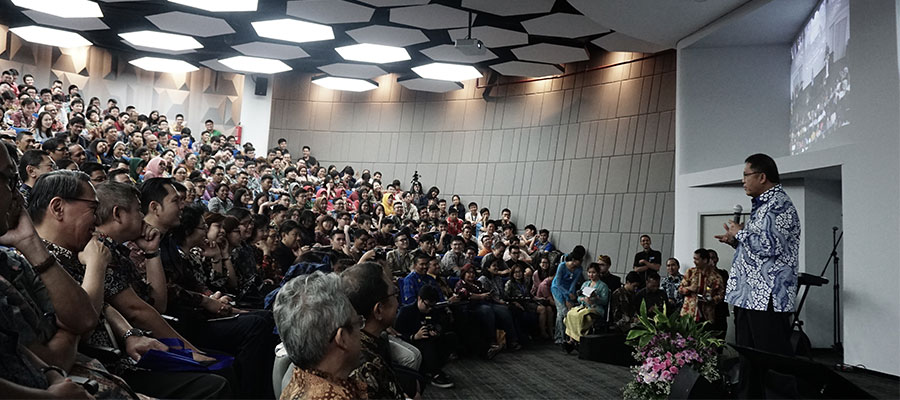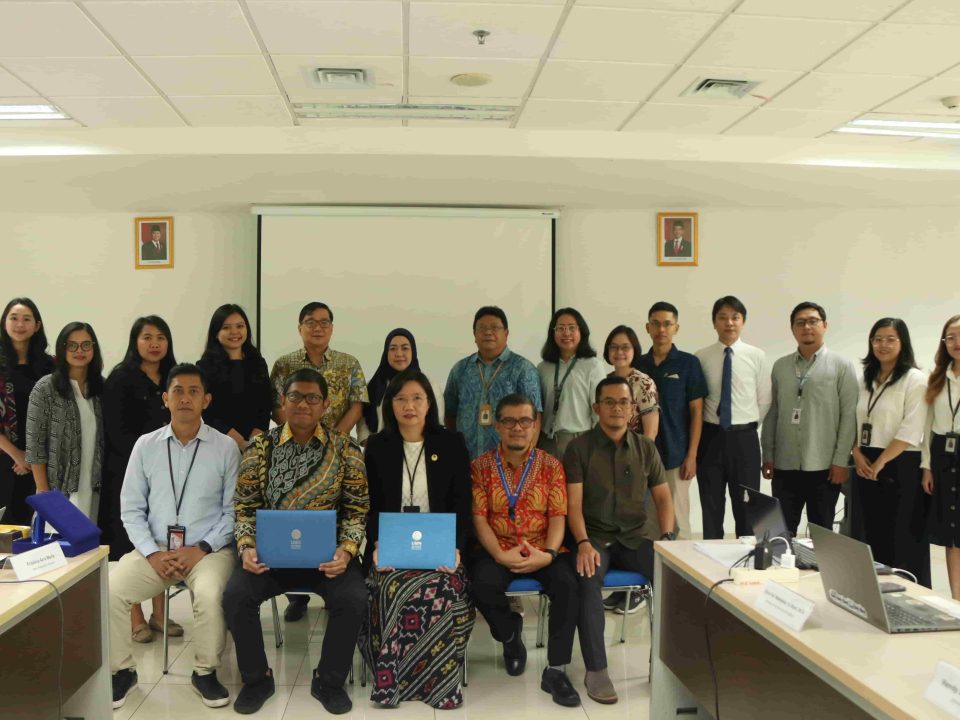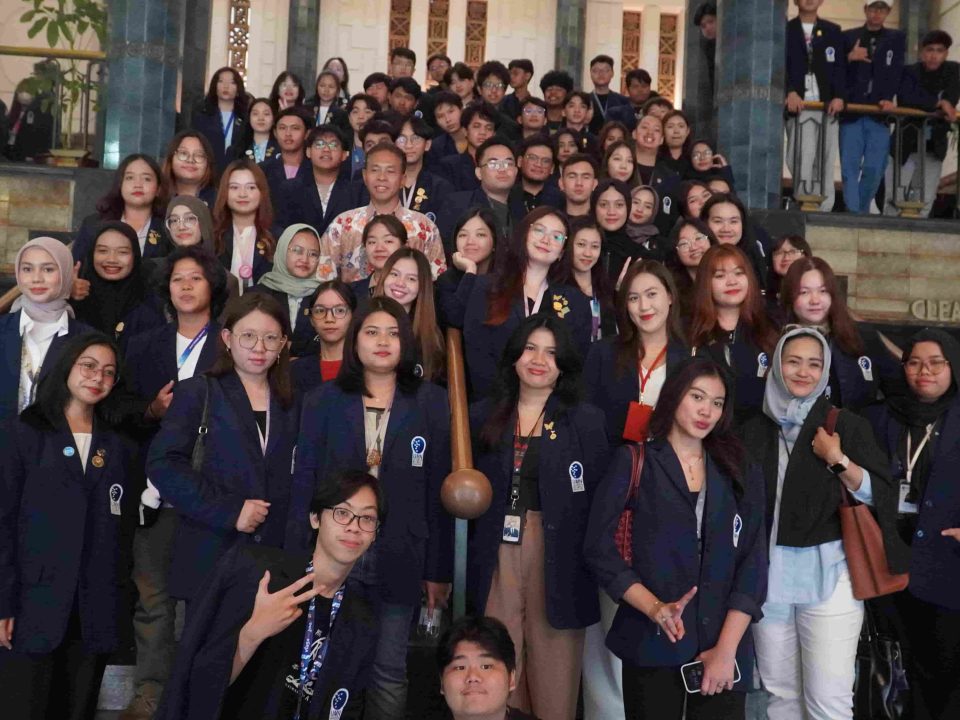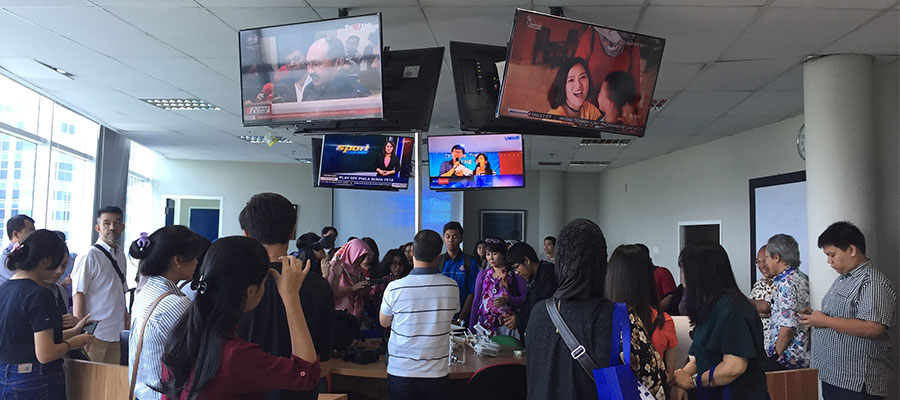
Open House UMN 2017: Journey to Future Career
November 14, 2017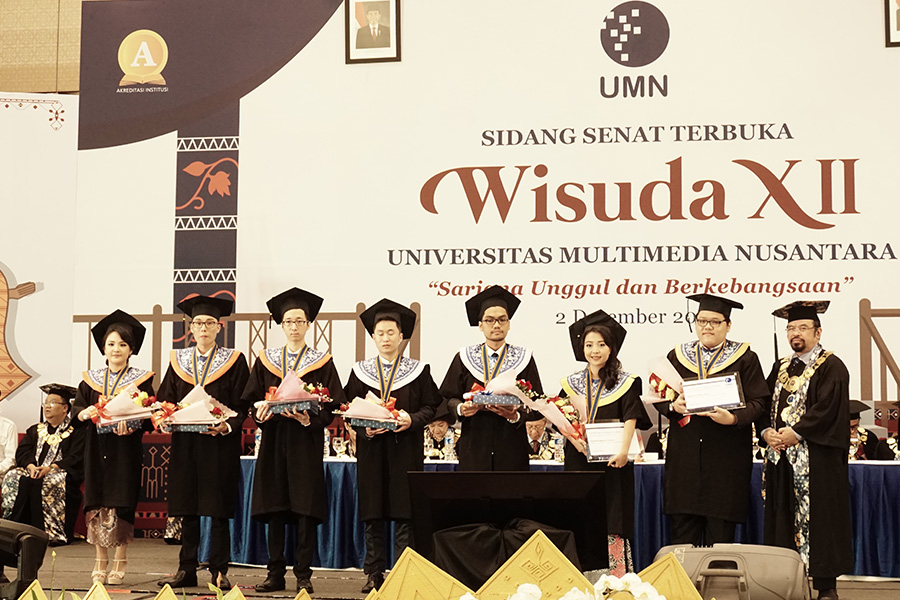
Graduation XII UMN: Bachelor of Excellence and Nationality
December 4, 2017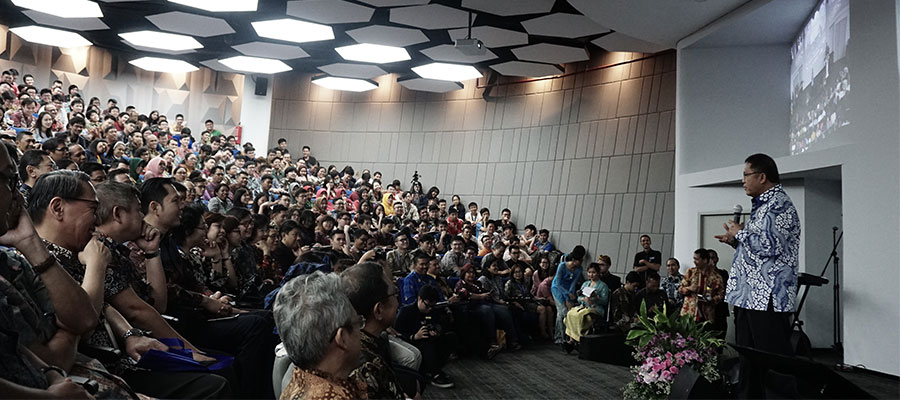
The atmosphere of the Seminar strengthening national cybersecurity that took place at the Lecture Theater of Multimedia Nusantara University, Tuesday (21/11)
Along with the development of internet users in Indonesia which is approaching the number of 140 million, not only positive aspects that arise from internet activities. Negative aspects have emerged such as the spread of pornography, fake news (hoax) and hate speech, and lately the most troubling is cyber crime. The WannaCry ransomware attack that attacked the world’s internet users in May 2017 is one of the concrete evidence of this cyber crime.
Not only that, in a number of major cities, crime cases that occur or begin in cyberspace become the most widely handled cases of the police. In 2016, there were 1,207 cases of cybercrime. This further reinforces the urgency to improve cybersecurity in government, industry and society globally.
Seeing this phenomenon, Multimedia Nusantara University (UMN), in celebration of its 10th anniversary, considered it important and appropriate to invite relevant parties and have responsibility in cybersecurity to sit together in a forum entitled Seminar entitled “Strengthening National Cybersecurity”. This seminar presented expert and leading sources, such as Minister of Communications Rudiantara, Kombes Pol Sri Suari, IDSIRTII Managing Chairman Rudy Lumanto, Bca Vice President Director Armand W. Hartono, and ISACA Education Director Obrina Candra Brilliyant.
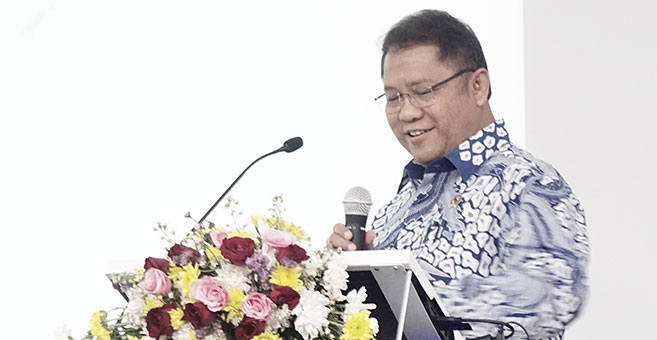
Kominfo Rudiantara became a keynote speaker at the National SIber Security Strengthening Seminar at Multimedia Nusantara University
Minister of Communications Rudiantara said awareness about cybersecurity must start with us. If that awareness already exists then actually half of the problem is solved. Based on data from the Global Cybersecurity Index 2017 Heat Map, Indonesia’s cybersecurity is still far inferior to neighboring Singapore and Malaysia. Both countries are in the 1st and 3rd positions, while Indonesia is still ranked 70th.
Seeing this, the Ministry of Communication and Informatics incessantly provides counseling on media literacy to the public. “Media literacy is more fun than blocking. Through media literacy, people have the ability to sort and choose. Thus, blocking can be minimized,” said Rudiantara at Multimedia Nusantara University, Tuesday (21/11).
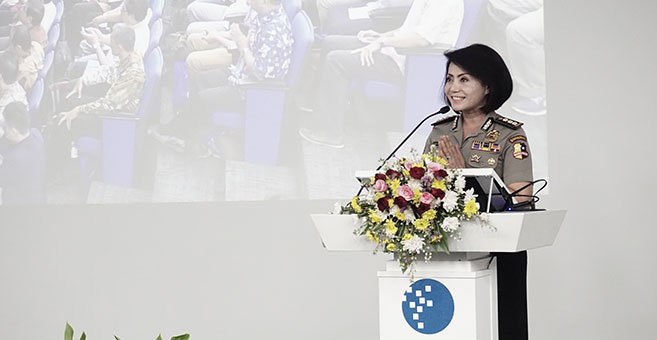
Kombes Pol Sri Suari gave material in the Seminar on Strengthening National Cybersecurity at umn Lecture Theater, Tuesday (21/11)
On the other hand, the National Police also has an important role in dealing with national cybersecurity issues. According to Kombes Pol Sri Suari there are at least 4 police duties, namely cyber patrols that aim to straighten out hoax news circulating in cyberspace, dissemination, narrative making and counternaration to form a conducive situation, as well as conducting investigations, investigations and law enforcement.
Ninok Leksono, UMN Rector, said Cybersecurity issues are very relevant to discuss these days. “First in general, many experts suggest that with the increasing passed on human civilization in cyberspace, it makes sense that the security issues become more and more crucial. The threat of conventional warfare using fighters and missiles still exists, but now the world is entering a new era where the goal of war can be achieved without having to cause major side destruction and at a cheaper cost, namely by waging cyber warfare. Major countries already place cyber warfare strategies as a key pillar of national security. Second, not long ago we also read the news about the WannaCry ransomware attack that crippled many computers in the world, which was followed by a similar attack some time later. Against that background, it makes sense that Indonesia should also check itself, whether it is ready enough to deal with cyber attacks, ranging from bureaucracy to the business world, such as banking,” he explained.
Through the implementation of this activity, UMN which has achieved Institutional Accreditation A at the end of 2016 then hopes that all levels of society will be more aware of cybersecurity threats and try to improve the security of its services. “In addition, they also have plans to restore their services quickly when cyberattacks occur,” Ninok said.
Not only that, Ninok also hopes that by meeting the stakeholders of cyber managers, cooperation, collaboration, and networks will be established that can strengthen each other’s national cyber defense to deal with the threat of cyber warfare. (*)
by Grace Natali – Universitas Multimedia Nusantara News Service
Kuliah di Jakarta untuk jurusan program studi Teknik Informatika | Sistem Informasi | Sistem Komputer|Akuntansi|Manajemen|Ilmu Komunikasi | Desain Komunikasi Visual, di Universitas Multimedia

